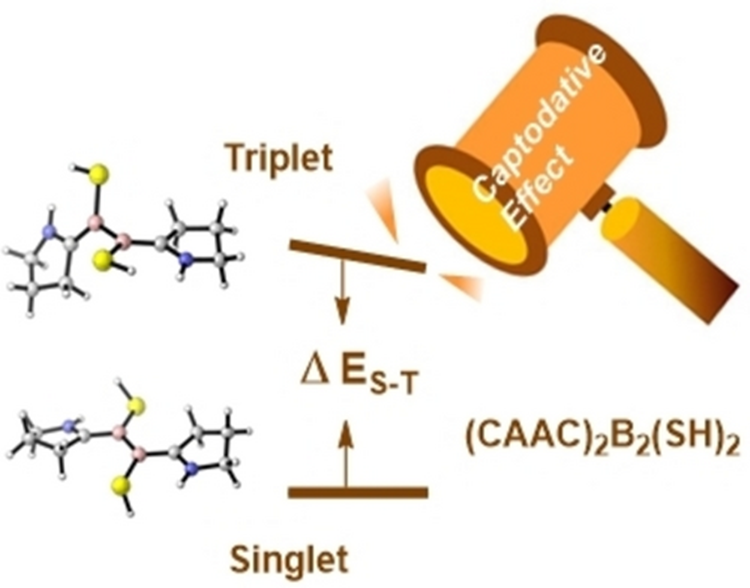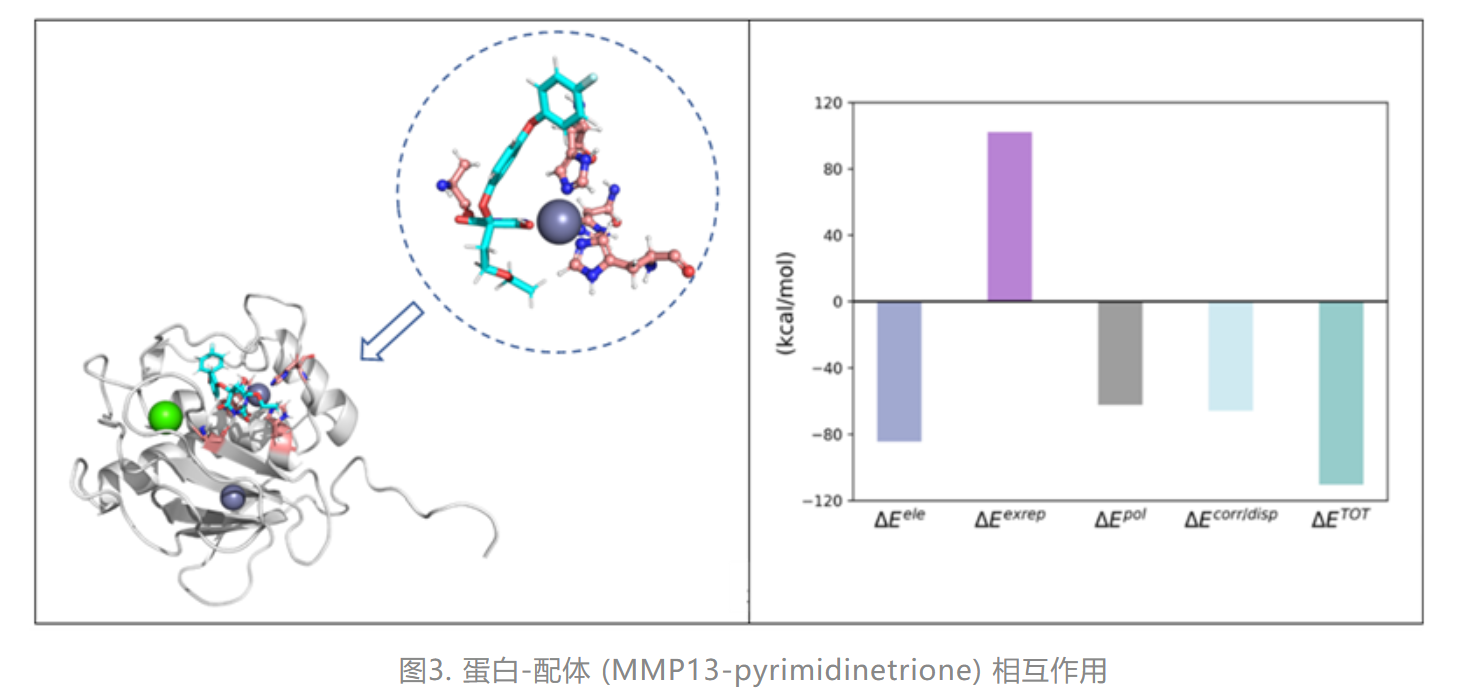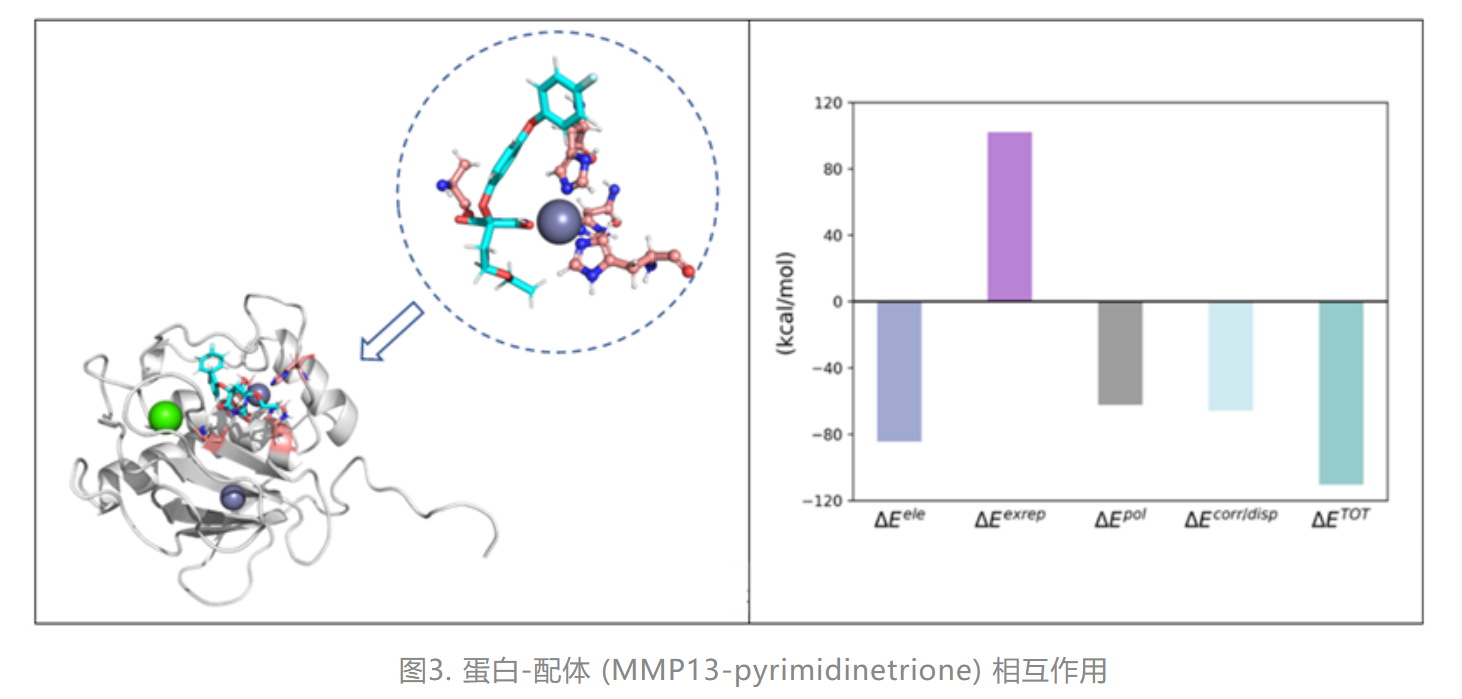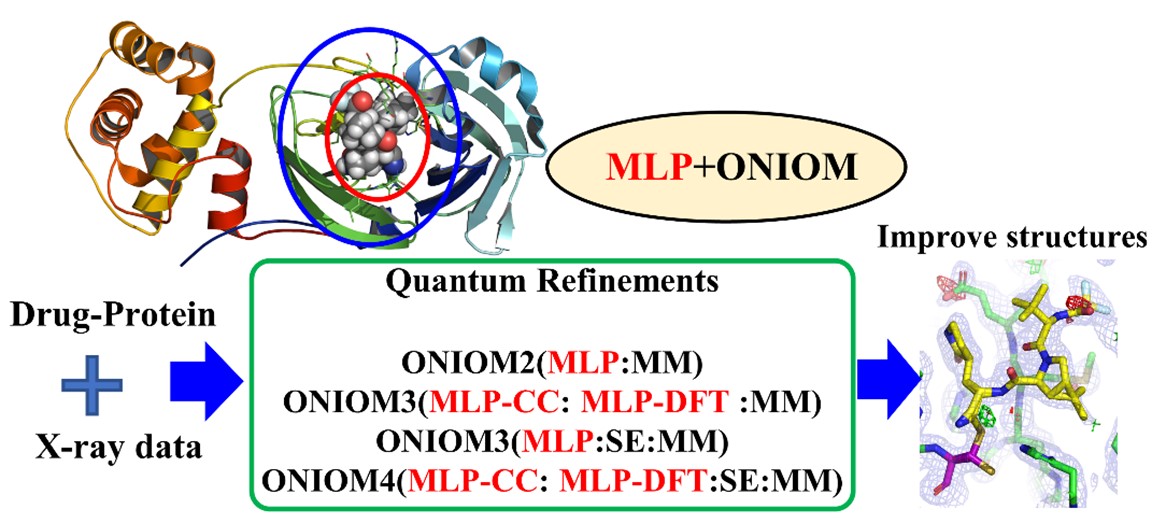XMVB

JCTC: 用于从头算价键方法的低秩算法
厦门大学吴玮和周晨等推出基于低秩算法的价键方法VBSCF (RI) 、VBSCF (COSX) 及BOVB (RI),通过优化积分变换与Fock矩阵计算过程,将计算效率最高提升30倍,并成功实现百原子级体系的价键计算。该成果突破传统价键方法计算和存储的瓶颈,为大分子复杂体系的价键研究提供高效工具。相关技术已集成于XMVB 4.0程序包,期待推动价键理论迈向更广阔应用。

XMVB 4.0 Released
The latest version of Xiamen Valence Bond software, XMVB 4.0, has been available with excited new features. Users can experience the power of XMVB 4.0 on the XACS cloud computing platform or download it for local installation.

Chem. Eur. J.: Application of Valence Bond Theory to Captodative Effect in Diboron Molecule (CAAC)2B2(SH)2
The study is valuable in guiding the design and performance regulation of diboron compounds.
XEDA

JPCA厦门大学苏培峰教授团队:研究自由基相互作用的能量分解分析新方法
现有的多种 EDA 方法,包括课题组之前发展的GKS-EDA(BS)方法,无法均衡考虑各种自旋态自旋污染对相互作用分析的影响。基于此,课题组发展了研究自由基相互作用的新方法GKS-EDA(CU),文章发表在J. Phys. Chem. A, 2024, 128 (49), 10680-10688 (doi: 10.1021/acs.jpca.4c04763) 上。目前XACS云计算平台已经支持GKS-EDA(CU)的计算。

JPCA: QM/MM-Based Energy Decomposition Analysis Method for Large Systems
It plays a significant role in enhancing our understanding of various chemical phenomena.

JPCA:基于QM/MM的大分子体系能量分解分析方法
最近,苏培峰课题组将QM/MM方法与GKS-EDA相结合,提出了GKS-EDA(QM/MM),用于大分子体系的相互作用,工作发表在J. Phys. Chem. A。
MLatom

Chem. Commun. Feature Article: AI in computational chemistry through the lens of a decade-long journey
It gives a perspective on the progress of AI tools in computational chemistry through the lens of his decade-long contributions put in the wider context of the trends in this rapidly expanding field.

Nat. Commun.: Accelerating reliable multiscale quantum refinement of protein-drug systems enabled by AIQM1
Recently, the Chung group at Southern University of Science and Technology (SUSTech) has combined efficient machine learning potentials (MLPs) with multi-scale quantum refinement methods to enhance computational efficiency and reliability.

MLatom@XACS for AI-enhanced computational chemistry: JCTC paper and online tutorial
MLatom 3 is a program package designed to leverage the power of ML to enhance typical computational chemistry simulations and to create complex workflows.
